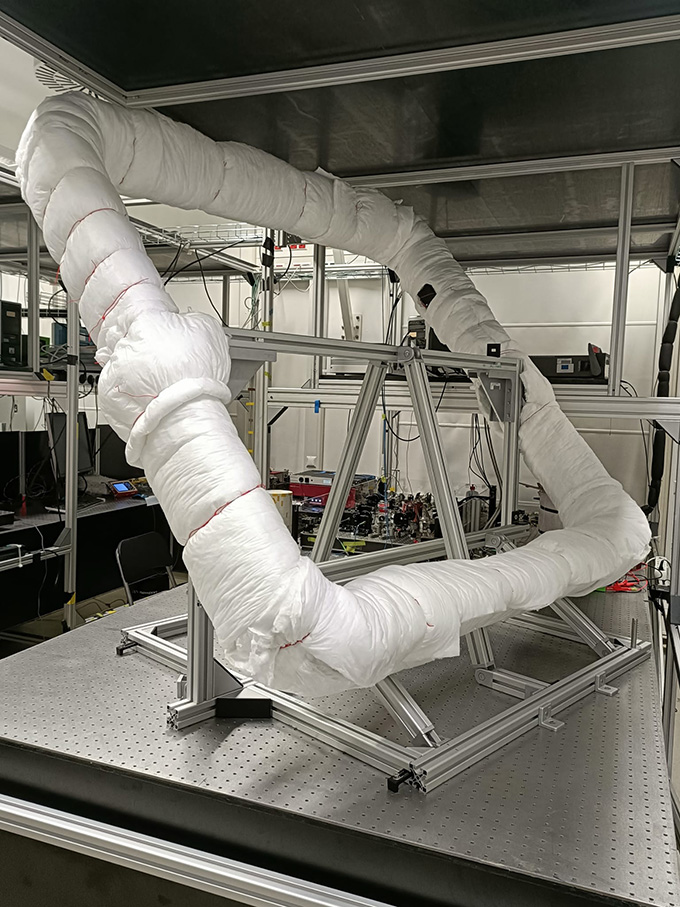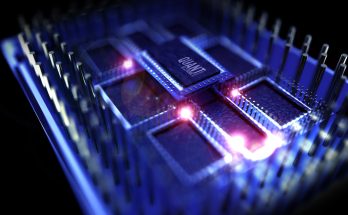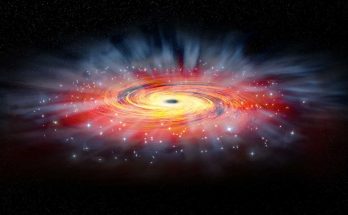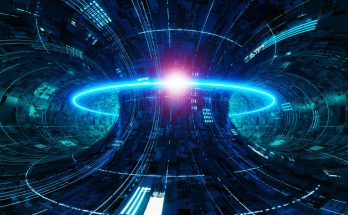The rotation of the Earth has been measured many times – but never like this. At first, scientists used entangled quantum particles called photons to detect the speed at which the globe spins.
The achievement is a step toward investigating one of physics’ greatest mysteries: how the tiny world of quantum physics interacts with gravity.

Scientists sent pairs of photons, particles of light, through a device called a quantum interferometer. Inside, photons can travel through fiber optic loops either clockwise or counterclockwise. The photons became entangled with each other, a kind of quantum correlation that binds the states of two particles. In this case, the entanglement meant that the two photons took the same path. And instead of choosing one direction or the other, the pair took on a strange state called superposition, traversing a combination of the two paths.
Due to the downward rotation of the Earth, the two different paths corresponded to slightly different travel distances. This caused the two overlapping photon components to become slightly out of sync when they exited the maze, causing quantum interference. Measuring that interference implied a rotation rate that matched Earth’s known rotation rate, the team reports June 14 in Advances in science.
Quantum physics does not fit easily with physicists’ theory of gravity, general relativity, and scientists are trying to figure out how to combine them (SN: 1/12/22). “This experiment is a prototype for our next level of larger experiment,” says physicist Haocun Yu of the University of Vienna. With that experiment, “we want to explore the interface between quantum and gravity.”
#Physicists #measured #rotation #Earth #quantum #entanglement
Image Source : www.sciencenews.org



